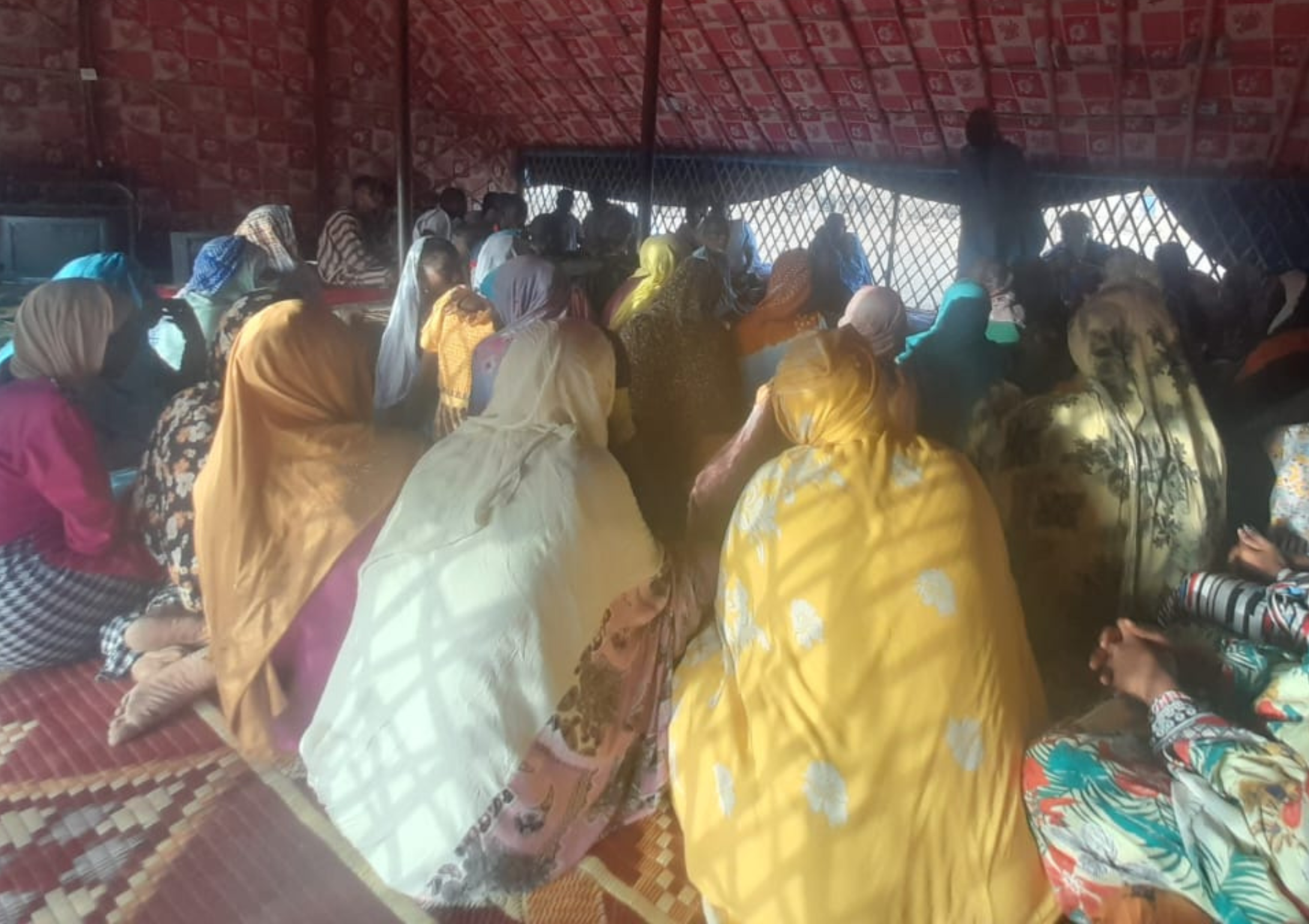Mariam, 25, lives in the village of Diogountourou, in the Khabou department, Mauritania. After leaving school early and experiencing a short-lived marriage, Mariam returned to live with her parents, uncertain about her future.
“In my village, there are few opportunities,” Mariam recalls. “I saw so many young people like me with no prospects. We felt forgotten.”
This sense of stagnation and hopelessness, particularly among youth, is one of the many risk factors that can make communities vulnerable to the influence of violent extremist ideologies. In fragile environments where opportunity is scarce, efforts in the prevention of violent extremism (PVE) must address not only security, but also dignity, livelihoods and belonging.
Mariam’s turning point came when she joined a vocational training programme in fabric dyeing, supported through a broader PVE initiative to promote youth empowerment.
“When I started the dyeing training, it felt like a new world had opened to me. Every day, I learned something, from handling fabrics to sewing clothes before dyeing them. There were also workshops on financing mechanisms and promising income-generating opportunities for young people.”
These sessions were part of an integrated approach to PVE that focuses on economic empowerment, community resilience and personal development. Through this experience, Mariam not only learned a trade, but also rediscovered her sense of purpose and self-worth.
After completing her training, Mariam pursued a one-month internship in Kaédi, a regional hub for textile craftsmanship. Her mentor there, a skilled trainer, became a powerful source of support.
“She believed in me, sometimes more than I believed in myself. Little by little, I regained my confidence.”
Today, Mariam runs a small but thriving dyeing workshop out of her family home. With support from the project and her parents, she received a starter kit and began creating unique, colorful garments. Her work is gaining attention in the village and nearby communities, offering her a sustainable livelihood and a renewed sense of identity.
“I sell my products locally now. People talk about my work, and for the first time, I feel like I’m building a future for myself.”
Mariam’s story is a compelling example of how locally driven, skills-based initiatives can play a powerful role in PVE by reducing the social and economic vulnerabilities that extremists often exploit. Her journey shows that when youth are equipped with tools, mentorship, and belief in their potential, they become agents of resilience in their communities.
